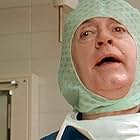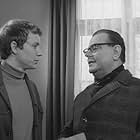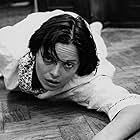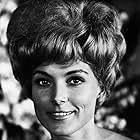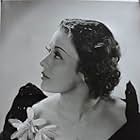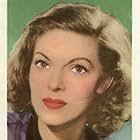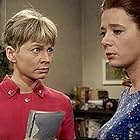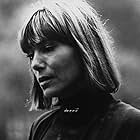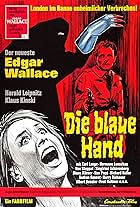IMDb RATING
5.8/10
55
YOUR RATING
About a brothel for neglected wives that is predominantly staffed by men. It is based on the novel by Bengta Bischoff.About a brothel for neglected wives that is predominantly staffed by men. It is based on the novel by Bengta Bischoff.About a brothel for neglected wives that is predominantly staffed by men. It is based on the novel by Bengta Bischoff.
Photos
- Director
- Writers
- All cast & crew
- Production, box office & more at IMDbPro
Storyline
Did you know
- ConnectionsReferenced in Obsessed Dieter: An Interview with Producer and Actor Dieter Geissler (2016)
Featured review
One of those films from the early 1970s a modern audience can only watch in amazement. The story revolves around the "Haus" of the title - a male brothel, situated in Hamburg. That in itself is not a surprising topic for a German movie of that period, just about anything to do with sex was given the cinematic treatment. Such films were mostly comedies, and this one certainly is - so please do not expect a realistic depiction of male prostitution.
Alfred Vohrer not only directed this film, but also recalled some of his regulars from his Edgar Wallace movies, most notably Siegfried Schürenberg and Eddi Arent. These two were largely responsible for comic relief in the Wallace thrillers, and they simply felt no need to adapt their style for this genre switch; especially the Werner Zibell character is just about the same guy as Sir John, merely running a brothel rather than a police force. Other casting choices add to the sense of oddity, e.g. Willy Harlander is at least a strange choice for playing one of the studs.
A traditional German comedy had to include a romantic love story, and would you believe it, this film is no exception. Understandably, Zibell is not pleased when he finds out that his daughter is dating his newest employee, and from there the story follows the familiar pattern of romantic comedies. But one thing is strange: the daughter has no knowledge of either the origin of her father's income or her boyfriend's night job, but when she finds out she doesn't bat an eyelid.
Alfred Vohrer not only directed this film, but also recalled some of his regulars from his Edgar Wallace movies, most notably Siegfried Schürenberg and Eddi Arent. These two were largely responsible for comic relief in the Wallace thrillers, and they simply felt no need to adapt their style for this genre switch; especially the Werner Zibell character is just about the same guy as Sir John, merely running a brothel rather than a police force. Other casting choices add to the sense of oddity, e.g. Willy Harlander is at least a strange choice for playing one of the studs.
A traditional German comedy had to include a romantic love story, and would you believe it, this film is no exception. Understandably, Zibell is not pleased when he finds out that his daughter is dating his newest employee, and from there the story follows the familiar pattern of romantic comedies. But one thing is strange: the daughter has no knowledge of either the origin of her father's income or her boyfriend's night job, but when she finds out she doesn't bat an eyelid.
Details
- Release date
- Country of origin
- Language
- Also known as
- The Yellow House in Pinnasburg
- Filming locations
- Production company
- See more company credits at IMDbPro
- Runtime1 hour 36 minutes
- Sound mix
- Aspect ratio
- 1.66 : 1
Contribute to this page
Suggest an edit or add missing content

Top Gap
By what name was The Yellow House on Pinnasberg (1970) officially released in Canada in English?
Answer

